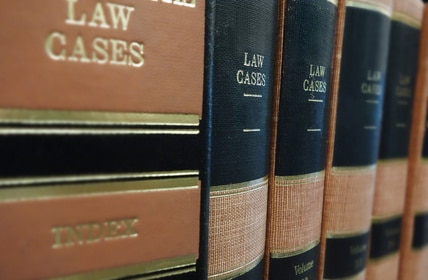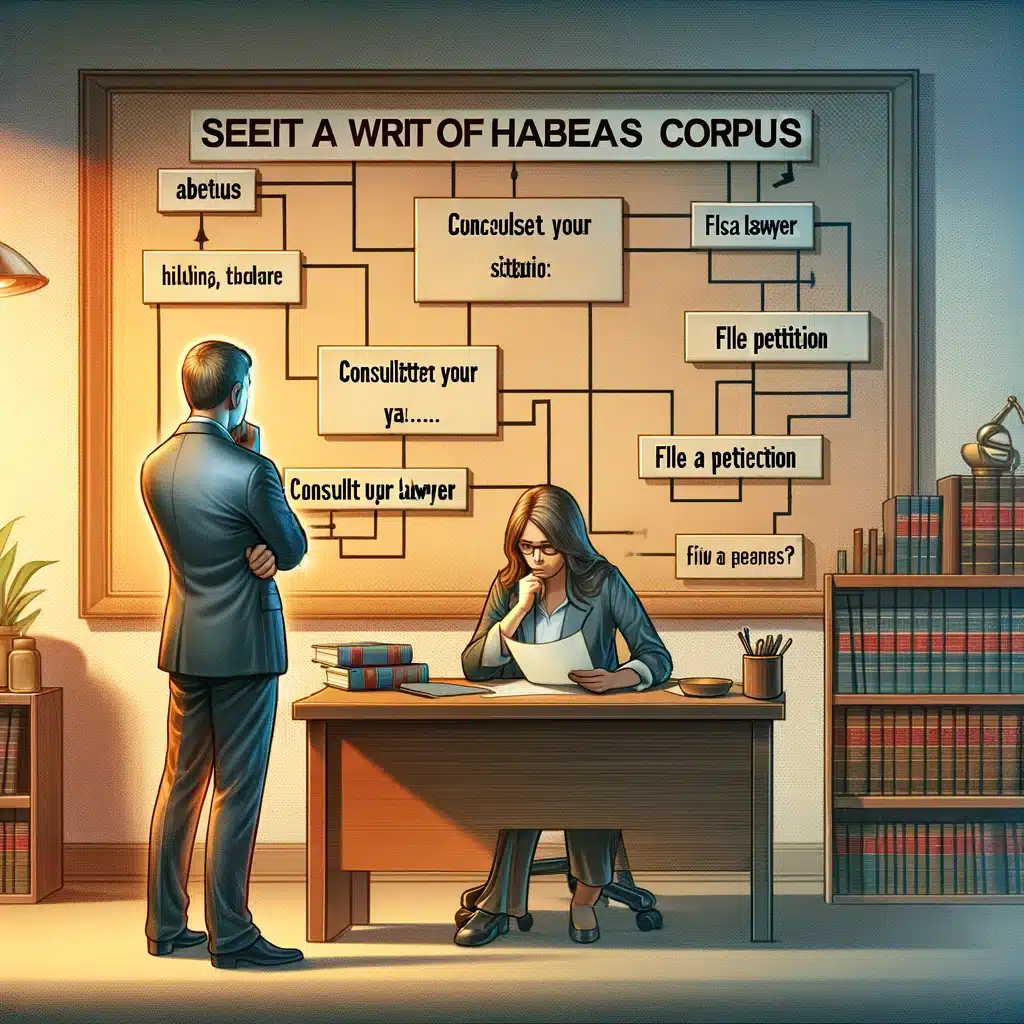Lawyer's Role in Filing a Habeas Corpus Application Explained
Lawyer's Role in Filing a Habeas Corpus Application Explained
Blog Article
Understanding the Function of a Post-Conviction Attorney in Seeking Justice After a Criminal Conviction
In the complex landscape of post-conviction legal procedures, the role of a post-conviction legal representative is critical in navigating the path to justice after a criminal sentence. Past the confines of a test, these legal professionals engage in a diverse approach aimed at uncovering new proof, difficult lawful mistakes, and promoting for their customers' rights. The complexities of post-conviction work need a blend of legal acumen, investigatory skills, and calculated assuming to unravel the complexities of a situation and pursue methods that might have been ignored or underexplored. As the search of justice prolongs past the confines of first process, the duty of a post-conviction attorney becomes a beacon of hope for those seeking to fix injustices and redeem their rights within the lawful system.
Post-Conviction Attorney's Investigatory Job
Post-conviction attorneys involve in precise investigatory work to uncover brand-new evidence, procedural errors, or transgression that could potentially lead to reversing a conviction. This investigatory stage is important in the post-conviction procedure as it intends to identify any kind of neglected details or lawful mistakes that may have affected the end result of the preliminary test. Post-conviction attorneys explore case files, witness statements, and legal documentation with a fine-tooth comb, looking for any kind of disparities or abnormalities that could be premises for allure.
With extensive examination, post-conviction legal representatives intend to clarify prospective oppressions that may have taken place during the original trial. They may conduct interviews, seek advice from with specialists, and testimonial forensic evidence to construct an engaging situation for their clients. By inspecting every element of the legal procedures, post-conviction attorneys work relentlessly to reveal any kind of factors that might have affected the decision. Ultimately, their investigative job plays a pivotal role in the search of justice and the potential turnaround of wrongful convictions.
Crafting Appeals and Petitions
In the search of justice after a sentence, competent attorneys diligently craft allures and requests to existing compelling disagreements for the reconsideration of legal decisions. Crafting charms and applications needs a deep understanding of the lawful system, attention to detail, and tactical reasoning. Post-conviction legal representatives examine test records, determine potential mistakes or violations of rights, and develop legal arguments to test the conviction or sentence.
When crafting a charm, attorneys concentrate on highlighting legal errors that may have impacted the outcome of the instance. They look into case regulation, statutes, and lawful criteria to support their debates. Applications, on the various other hand, may entail offering new proof that was not available throughout the test or demonstrating changes in the law that require a testimonial of the sentence.
Additionally, post-conviction legal representatives should abide by stringent step-by-step guidelines and target dates when filing appeals and applications. They must present their debates clearly and persuasively to persuade the court to approve relief to their clients. With precise crafting of charms and petitions, post-conviction lawyers make every effort to safeguard justice for people who have actually been wrongfully founded guilty or unfairly punished.

Pursuing Post-Conviction Alleviation
Post-conviction relief encompasses a range of lawful mechanisms created to test the validity of a conviction or sentence. Post-conviction legal representatives play an essential duty in browsing these intricate procedures, ensuring that all lawful options are checked out to correct oppressions that may have taken place during the test or sentencing stage.
One usual type of post-conviction alleviation is filing a petition for post-conviction relief, typically based on claims of inefficient support of advise, prosecutorial transgression, freshly found evidence, or constitutional violations. These applications require an extensive analysis of the test document, legal research, and influential campaigning for to encourage the court to grant relief. Experienced post-conviction lawyers have the skills and knowledge needed to determine viable lawful claims, conduct examinations, and existing engaging arguments to protect relief for their clients. By carefully pursuing post-conviction relief, these legal professionals strive to deal with losing the unborn babies of justice and promote the concepts of fairness and due procedure in the criminal justice system (Attorney).
Making Use Of Forensic Evidence
When challenging a conviction or sentence, the critical utilization of forensic proof can be an effective device in post-conviction lawful proceedings. Forensic evidence includes a variety of clinical strategies used to check out criminal offenses and establish truths in court. Post-conviction lawyers can take advantage of forensic proof to test the legitimacy of convictions by providing new scientific findings that were not readily available throughout the original trial.

Taking Part In Sentence Alterations
Post-conviction legal representatives might check out the opportunity of sentence modifications as a lawful method to resolve disproportionate or unfair sentences passed Our site on in criminal situations. Sentence adjustments include seeking modifications to the regards to a defendant's sentence after a conviction has taken place. These alterations can include minimizing the length of a sentence, altering the sort of punishment imposed, or exploring alternate sentencing options.
Post-conviction legal representatives can seek sentence modifications through various lawful systems, such as filing movements for sentence reduction, appealing for thoughtful release, or negotiating appeal deals for decreased sentences. They need to thoroughly evaluate the circumstances of the situation, assess the legal premises for looking for a modification, and existing engaging arguments to the court supporting the demand for a modified sentence.
Engaging in sentence adjustments needs a thorough understanding of criminal law, punishing standards, and the particular procedures associated with seeking post-conviction alleviation. Post-conviction attorneys play a vital role in supporting for fair and simply end results by difficult sentences that are unduly harsh or do not line up with the concepts of justice.
Final Thought
In final thought, the duty of a post-conviction lawyer is critical in seeking justice after a criminal conviction. Via investigatory job, crafting allures and requests, seeking post-conviction alleviation, using forensic evidence, and engaging in sentence modifications, these lawyers play an important role in supporting for their customers and making certain that their legal rights are promoted within the criminal justice system. Their dedication and proficiency are vital in browsing the intricacies of post-conviction procedures and attaining a reasonable result for people encountering criminal sentences.
Report this page